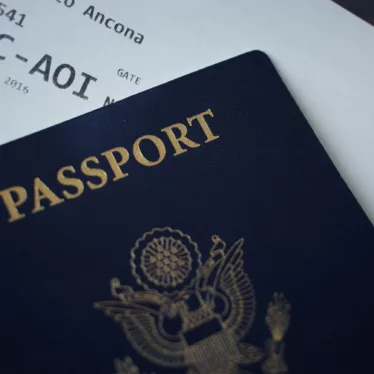Are you thinking about moving abroad after you retire? If so, don’t forget to consider your destination country’s estate tax laws.
For starters, if you remain a U.S. citizen, know that your estate is still subject to the same estate tax laws that apply to citizens residing in the United States. The bulk of your taxable estate, or all of it, may be covered by the gift and estate tax exemption ($12.92 million in 2023).
If you’re no longer a U.S. citizen upon death, it’s a different story. The taxable estate for deceased nonresidents generally includes U.S.-situated assets such as real estate located in the United States, tangible personal property and stock in U.S. companies.
Also, be aware that the estate tax exemption is only $60,000. Furthermore, the exemption is available only at death and your estate may also be liable for a generation-skipping transfer (GST) tax.
The GST tax is imposed in addition to gift and estate tax on U.S. taxable gifts and bequests made to a beneficiary two or more generations younger than you. Thus, if you’re leaving U.S.-situated property to grandchildren, there may be GST tax liability.
Note that estate tax treaties between the United States and other countries often provide more favorable tax treatment to non-residents by limiting the types of assets subject to U.S. estate tax. Investigate the laws in the country where you’ll be domiciled.







